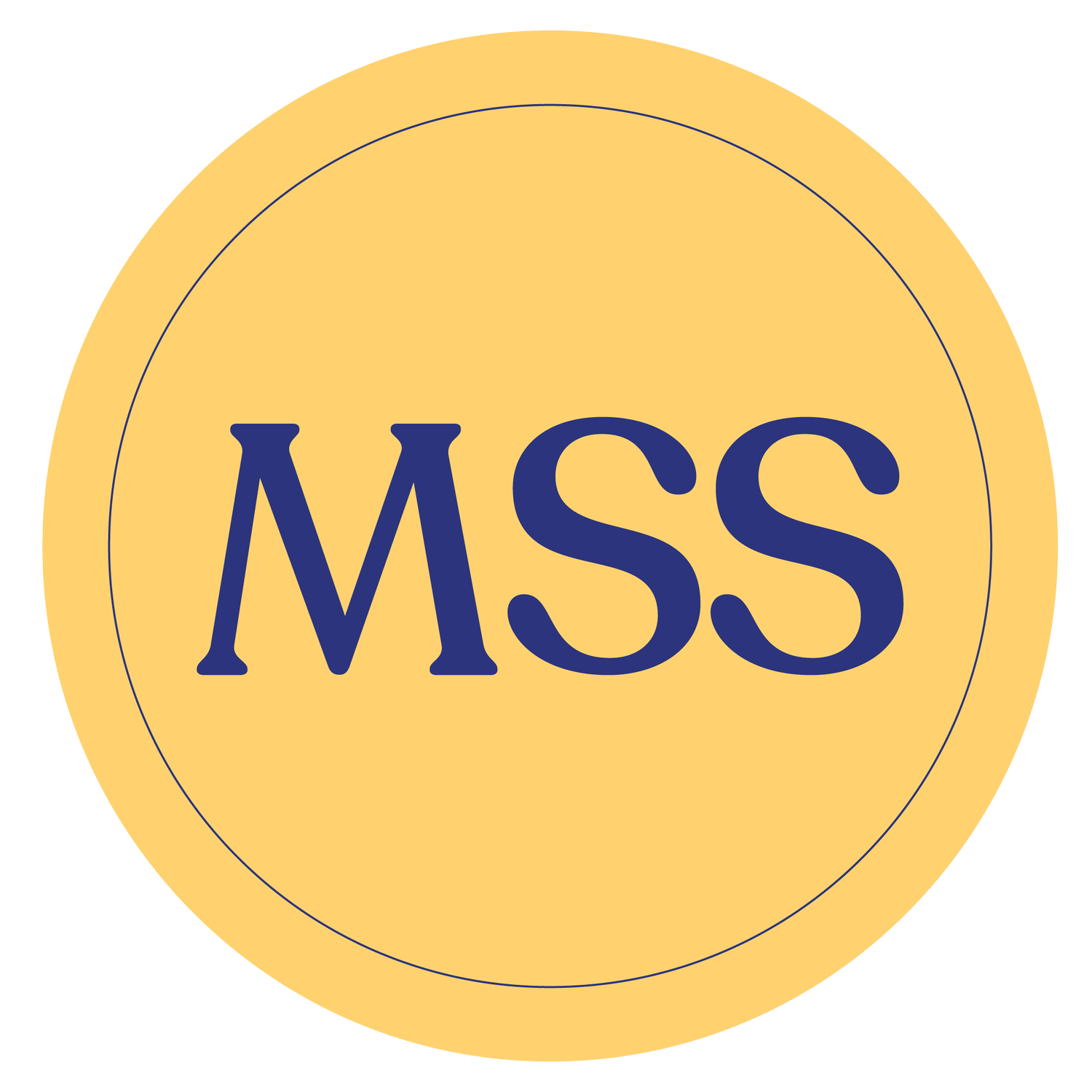
Service to Others
A Culture of Service
Students and teachers participated in AIDS marches in the early 1980s. We raised awareness for hunger and children’s rights by protesting at the United Nations. Our chorus performed at a prison fence for the Bosnian refugees housed on the other side. Commitment to actively making the world a better place is grounded in our DNA and in our founders’ intention.
Seventh Grade
Lenten Fundraiser
"After deliberating for a while, the students chose to raise money for an organization called Frontera de Cristo. This non-profit helps people on the US/Mexico border, particularly those attempting to migrate or those who have been deported. The 7th graders opted to take the project one step further and manage a bake sale."—Mr. Harris, Homeroom Teacher
Seventh grade students made presentations at Preschool, Lower School, and Middle School worship on the challenges and hardships endured by people on both sides of the border. Their Lenten collection will have a positive impact on basic needs like food, water, and education for this border ministry located in the sister cities of Augua Prieta, Sonora and Douglas, Arizona.
Kindergarten Baby
Jar Collection
Leading the Thanksgiving Drive to help local families in need, Kindergarten students use math skills to track and record donations of baby food jars and other food for infants. Following a longstanding Mustard Seed tradition, students deliver the donations to food pantries and soup kitchens in Hoboken.
Sixth Grade Social
Justice Exhibition
Students do not shy away from tackling complex and difficult issues like child abuse, animal cruelty, and immigration. As families and faculty approach their individual presentations, six graders deliver prepared speeches on their researched topic. Over and over throughout the evening, Mustard Seed students expect and receive the undivided attention from their adult audiences on subjects where they are playing the role of expert advocate. In addition, students must engage in extemporaneous speeches for the questions that follow their rehearsed talk. Adults ask attentive questions with the assumption that they will receive comprehensive responses—and many of the questions are challenging. For example, one student who spoke on speciesism was asked if she was a vegetarian.
Responsible Citizens
Upon their return to the classroom from Park Time, preschool students know to search for their name stick on tables for Snack Time each day. Employed in this scenario, the name sticks:
Increase the agency of the child: No adult is pointing to a chair and telling them to sit. Mustard Seed preschool students are empowered by the daily routine to hang up their coat, wash their hands, retrieve their snack box, and look for their name among the tables in the classroom.
Decrease the transition time, so more time may be devoted to instruction
Aid in reading skills: The names are written in capital letters which the children are mastering. With this practical application, students recognize the value of reading and learn to identify the letters of their name and their friends’ names. (They also reference the sticks when writing a message to a friend.)
Support positive social dynamics in the classroom: Children share Snack Time with a different combination of friends every day in a manner that feels natural and non-confrontational.
Although such a small detail could go unnoticed to the untrained eye, this practice, like so many features of the Mustard Seed classroom, is thoughtful and intentional.
Ms. Sytsma first encountered name sticks while student-teaching at Syracuse with an innovative, expert teacher, Deb Rodriguez. Ms. Sytsma says that in the decades that followed, the use of name sticks has become more widespread, but at that time they were a revelation.
“I first introduced name sticks to Mustard Seed in the Lower School classroom as a means to support equity in discussions. It’s easy to fall into calling on the same students who are always first or make an exclamation in raising their hand. ‘Pulling from the can,’ choosing a name stick from the jar, generally increases randomness. Another benefit is that the exercise increases wait time, giving some students who need it more time to think before answering. Assigning student work partners ‘from the can’ also allows the teacher to mix groups without conflict. There are also times when students may feel anxious about the randomness of the name sticks so it’s not the only strategy teachers use—but it helps us check our bias sometimes.”
A multitude of practices like this and those referenced above, implemented with intention over the course of the student’s academic career at Mustard Seed, produce graduates who engage with and care for their classroom, school, and the broader community. Students are accustomed to feeling empowered and substantial, and making a difference.








